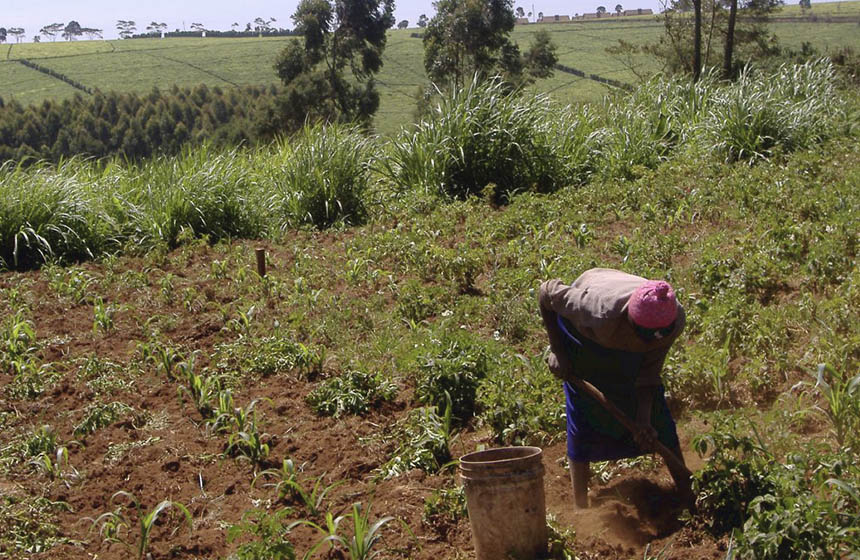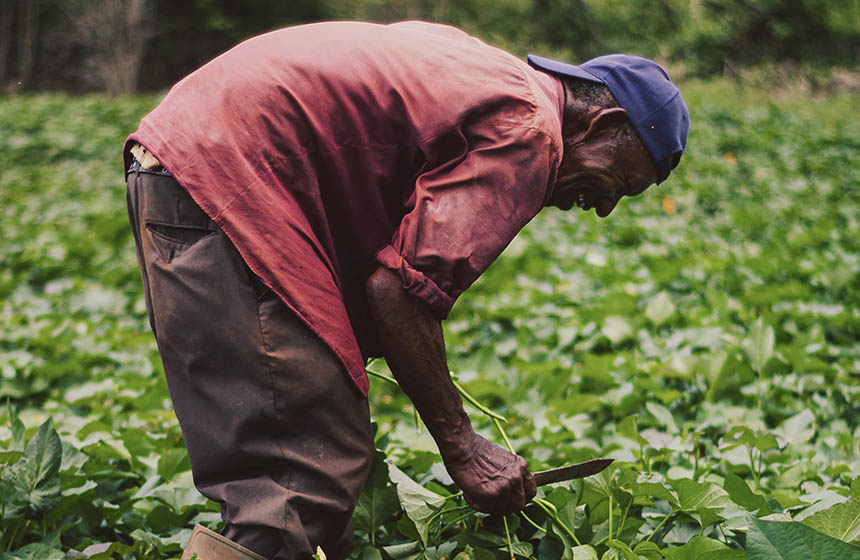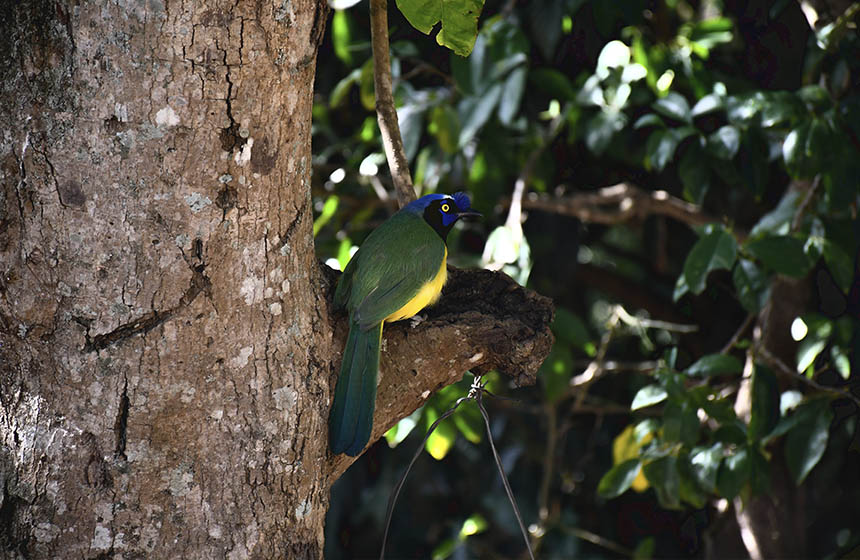Training centre provides demonstration plots and research support for sustainable agriculture and agroforestry
The Kasisi Agricultural Training Centre provides research and training support for small-scale farmers working to incorporate and implement more sustainable agricultural practices and engage in agroforestry.
Nature-based Intervention:
the Kasisi Agricultural Training Centre Training Centre focuses on teaching and supporting the implementation of land restoration and sustainable agriculture techniques. More specifically, the Training Centre provides demonstration plots used for hands-on learning and research to support farmer testing of sustainable agriculture techniques. For example, the use of crop rotation, intercropping, composting, native seeds, nitrogen-fixing shrubs and cover plants have all been encouraged and supported through the Training Centre’s work. These efforts have helped increase the diversity and quantity of food available in the area. Additionally, agroforestry is carried out with the purpose of restoring degraded land, improving soil fertility, and increasing biodiversity. The trees planted not only provide non-timber forest products including fruits such as papayas, mangoes, oranges, and lemons, but also serve as windbreaks and living fences. “Biodiversity fairs” are hosted so that farmers can engage in mutual learning exchanges about various topics including crop diversification, apiculture, and agroforestry techniques. The Training Centre has also created a village saving initiative enabling women to access capital.
Overview of context and outcomes:
The Kasisi Agricultural Training Centre provides agricultural training, research, and marketing support to over 10,000 small-scale farmers in the Chongwe and Rufunsa Districts of Zambia. The area has suffered wide-scale deforestation due to a high demand for firewood and charcoal. Furthermore, the intensive use of chemical inputs to agriculture has degraded soils. These issues are further exacerbated by oncoming climate change-induced challenges including drought.
Case effectiveness on
Climate change
Impact assessments found that resilience to drought and other climate change related weather fluctuations has increased. Crop yield is also reported to have increased with the maize yield in one particular project area increasing from 1,400 kilograms to 2,400 kilograms in two seasons. In another project site, the amount of food retained for home consumption was found to have increased by 170%.
Ecosystem health
Ecological effect: PositiveMonitoring has found that the fertility and structure of local soils has improved and micro-organism biodiversity has increased. The efforts have also reportedly facilitated nutrient cycling and improved water storage in soil. The Training Centre’s efforts have been found to have restored tree cover to a badly deforested area.
Socioeconomic outcomes
As a result of increased yields, food security has reportedly improved. Women have reportedly taken on a greater share of leadership positions. Income sources have also reportedly been diversified likely contributing to greater economic stability.
Governance
The Kasisi Agricultural Training Centre works as outreach, information sharing, and training body. They work with a wide range of stakeholders including the Zambian Government, who they partner with to train agricultural extension and outreach agents.
Finance
The The Kasisi Agricultural Training Centre has received outside funding from the UNDP, Hivos, the Dairy Association of Zambia, the Micro Banker’s Trust, the Canadian International Development Agency, Canadian Jesuits International, the Norwegian investment company Incluvest, the Scottish Government, the Scottish Catholic International Aid Fund and many others.
Monitoring and evaluation
Agricultural monitoring takes place as part of the project with a focus on soil health and crop yields.
Trade-offs and limitations
No information yet available on tradeoffs.
Conducted at landscape scale
Ecosystem type
- Terrestrial production
Climate change impacts addressed
- Loss of food production
- Drought
Instigators
- Local NGO or CBO (eg. indigenous)
Societal challenges
- Biodiversity conservation
- Climate change adaptation
- Disaster risk reduction
- Economic and Social development
- Rights/empowerment/equality
- Food security
Outcomes
- Food security: Positive
- Water security: Not reported
- Health: Not reported
- Local economics: Positive
- Livelihoods/goods/basic needs: Not reported
- Energy security: Not reported
- Disaster risk reduction: Positive
- Rights/empowerment/equality: Positive
- Conflict and security: Positive
- No. developmental outcomes reported: 6
Resources
Read resource 1Literature info
- Grey literature




